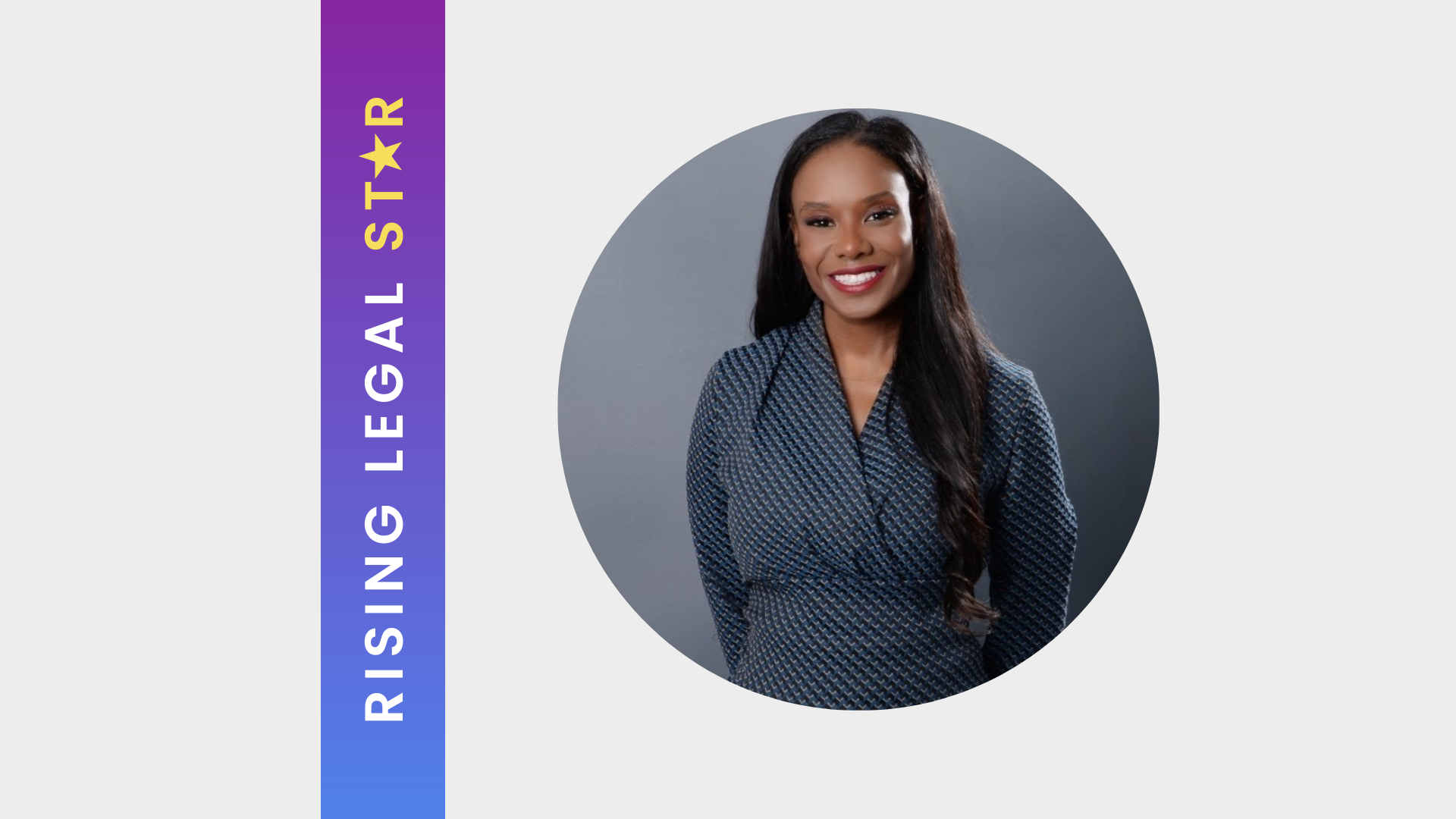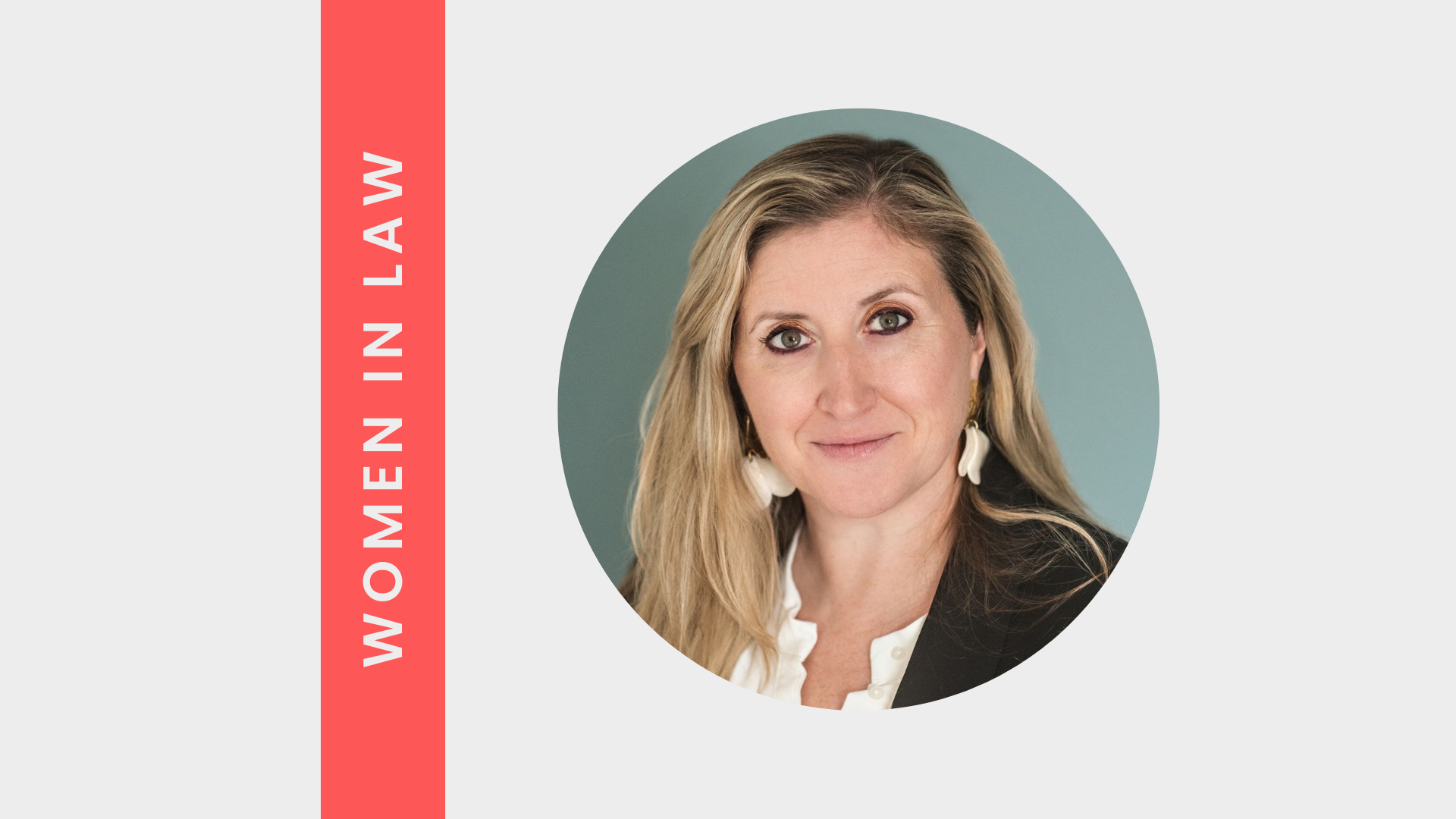Inspiring Business Women: Siew Choo Soh
Siew Choo Soh is the Managing Director, Group Head of Consumer Banking and Big Data/AI Technology at DBS Bank. In this role, she is responsible for driving technology transformation to reimagine banking via cloud-native architecture, Big Data, machine learning and Agile.
Looking back on your career, what are some key moments that have helped you get to where you are?
The most important thing is the willingness to take on challenges and not being afraid of venturing into something you’re not entirely comfortable with. It is also important to take calculated risks and make sure that you move into a completely different domain every now and then so you don’t get stuck doing the same thing repeatedly. In my career, I have moved into different domains within banking, never staying in the same role for more than three to four years. Such moves help give you a different perspective on things and offer a much broader experience. Moving to different countries is another great example. I have worked in Singapore, Japan and Hong Kong, and have always learnt the most when I moved to a place where the culture and preferences are different to what I am used to. Change is one of the keys that will help broaden your experience and equip you to take on the next challenge.
As a mentor, what advice would you give to your mentees?
At my previous company and here at DBS, we practice reverse mentoring, because it is a two-way street and both the mentor and mentee can learn from each other. For that, you should be very open and have the humility to know that you might not have all the answers. To have intellectual humility is to always have the doubt in your mind that things you believe are correct may not be correct anymore and you might be wrong. If you have this mentality, you will continue to learn and continue to stay relevant, regardless of how old you are.
How do you successfully balance long hours with your personal life?
For me, it’s more about work-life integration. You must love what you do, otherwise, it just becomes a chore. I don’t look at it as work or life because there’s no line in between. I’m a pretty systematic person, so I maintain a one-year, a six-months, a three-months, a two-weeks and a two-days outlook, which I review regularly. I would look at the things I want to achieve, consider their importance and prioritise accordingly. That way, I’ll know what to spend my time on and achieve my short-term, medium-term and long-term goals.
Looking back at your career, can you pinpoint when you first noticed an emphasis on diversity and inclusion around you?
The first time I noticed it was when I got hired into JP Morgan, where my team was only 10% female. I noticed it again when I got promoted to Managing Director there and the ratio of women being promoted at that time was a low single-digit percentage. That was a significant realisation because I often found myself as the only female during global meetings, so how to make myself and my voice heard required a lot more effort. I’d be drowned in the voices of dominant personalities sitting at the same table if I make extra effort to be heard.
In your experience, what are the benefits of diverse teams and diverse organisations?
Being a left-hander, I’ve always felt like a ‘misfit’ in the world. The world is not created for left-handers. The same goes for females. When you’re in the minority in your organisation, you can feel like a misfit.
However, being the ‘odd one out’ allows me to introduce better solutions to the team because I have a different perspective. And that goes beyond gender, to things like work experience, race, nationality, etc. Having a diverse team might be tough initially because of the differences you have, but once you get to know each other, it’ll help give you the best solution.
When you look at digital transformation today, experience is the one thing that differentiates superior products from the rest. The world is made up of 50/50 men and women, if your product isn’t designed and tested by the gender that represents half of the population, you’re not creating a great experience because it only caters to a particular audience. That’s why it’s important to have an equal representation so that the voice of your customer can be represented in your products or services.
What is the main thing you’ve seen in any organisation that you think works, from a diversity point of view, or that enables women to progress?
Having a high awareness of the importance of diversity & inclusion.
There is still a pervasive lack the awareness of unconscious bias. One might think that’s all one can do, that we have done our best when more could have been done if we are more open to accepting that we might be unconsciously biased. To shift the ratio, awareness has to be there, along with the right intervention in terms of creating the right environment and increasing the pool of people. When you try, you will get the results.
Last year, we decided to do things differently and added a curated women-focused programme to our annual hiring hackathon. As a result, we managed to increase the proportion of job offers to females by six times. If everyone is willing and believes that their efforts will get results, ratios will change pretty quickly.
A lot of people are aware of the importance but don’t know where to start. For example, when I go out to recruit allies, they could be quite hesitant because diversity, in general, is quite a sensitive topic. Learning about their concerns is very useful because that allows us to think of ways to address them, and look at creating a safe environment for people who want to begin this journey.
What’s your advice to leaders who want to create a more diverse and inclusive culture?
You have to be willing to hire people who are different from you. Don’t hire from the same ‘cliques’ but go for the people who may not agree with you on everything. That will be the starting point.
Is there anything you are doing to help emerging female leaders?
One of the key things people talk about is role models. We have to be willing to show the way to those who are coming up. I always encourage the females I interact with to be fearless because women are typically more self-aware and perhaps less self-confident than men. When I meet with females who are coming up the ranks, I’d urge them to be more confident and bolder in everything that they think they can do.
How do you foresee the future of the industry in terms of gender diversity?
It is quite disheartening that the representation of women is still progressing slowly. However, the fact that all industries view technology as an integral part and that digital is here to stay is good news. That should encourage more women to go into the STEM disciplines when deciding what to study. We will hopefully see a better representation of women in all industries, especially in Technology and Banking, which currently are still under-represented. I have big hopes because we’re seeing more women standing up for themselves and taking the leap to being a part of the banking and tech industries.
Our latest insights







